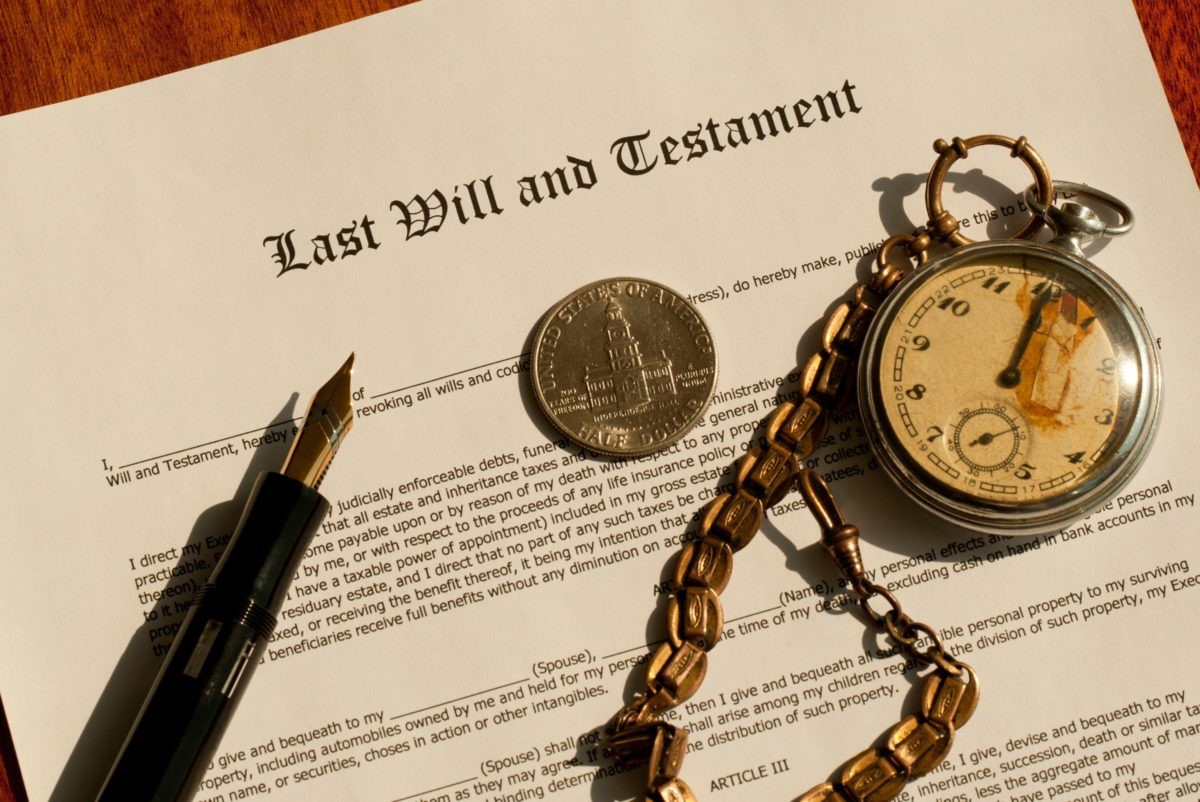August 16th 2020
 When Charles Millar died in 1926, the skilled Toronto lawyer left an infamous will. Among the many eccentric gifts he left to his friends and foes alike, Charles required that the balance of his estate be liquidated and given to the mother who gave birth to the most amount of children in the City of Toronto in the 10 year period following his death.
When Charles Millar died in 1926, the skilled Toronto lawyer left an infamous will. Among the many eccentric gifts he left to his friends and foes alike, Charles required that the balance of his estate be liquidated and given to the mother who gave birth to the most amount of children in the City of Toronto in the 10 year period following his death.
While the motivations for this unusual gift are unclear, the cash prize – the equivalent of nearly $8 million dollars in today’s currency – became a public sensation and a sought-after jackpot for many poverty-stricken families of the Great Depression. So, when the province tabled Bill 141, “An Act respecting the Estate of Charles Millar, deceased,” which sought to strike down clause 9 of Charles’ will and divert the money for the benefit of the University of Toronto, there was fierce public outcry.
Florence Brown, a mother of 27 and a contender in the race, told the press that “The Ontario government is taking money from children that need it”. The “Great Stork Derby”, as it was known, brought several other legal challenges, some from distant relatives, others from women who wanted to determine whether they were in contention for the money. The most serious challenge to the gift was whether it was against public policy. Did the conditions for the gift compromise the health and well-being of women? In 1936, the Supreme Court of Canada ruled the gift was not contrary to public policy and determined that the gift was meant to benefit families with living, legally registered babies born to married parents.

Ultimately four families split the cash prize. Each family had had nine children born since Charles’ death. While the estate of Charles Millar is unusual, it gave the Court an opportunity to consider whether some wills may be contrary to public policy. Today, while you typically have the freedom to leave your estate to whomever you please, the courts may review a will to determine that the conditions for receiving a gift are inconsistent with public policy and morals, and can strike such gift out of your will.
For assistance in preparing your will and testament, contact Liddiard Law today.
Michael Craig Liddiard, BA MA JD : Liddiard Law Professional Corporation : michael@liddiardlaw.ca : http://www.liddiardlaw.ca